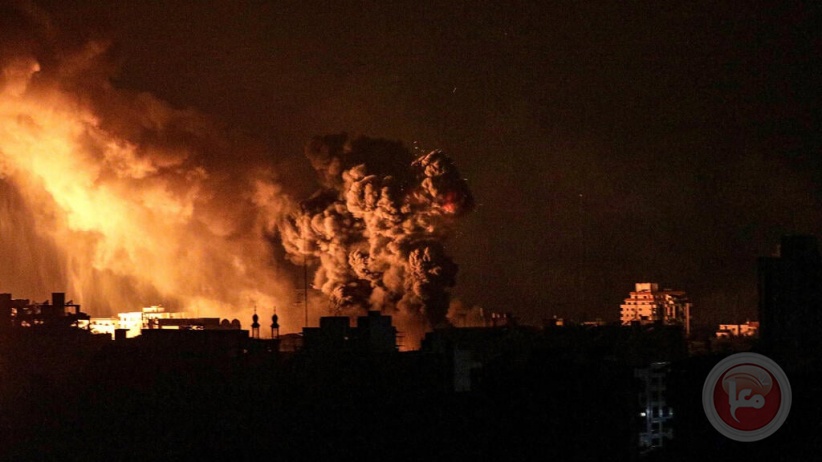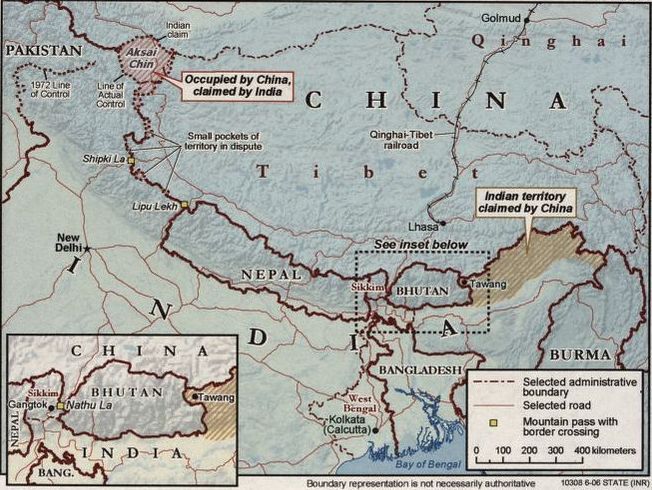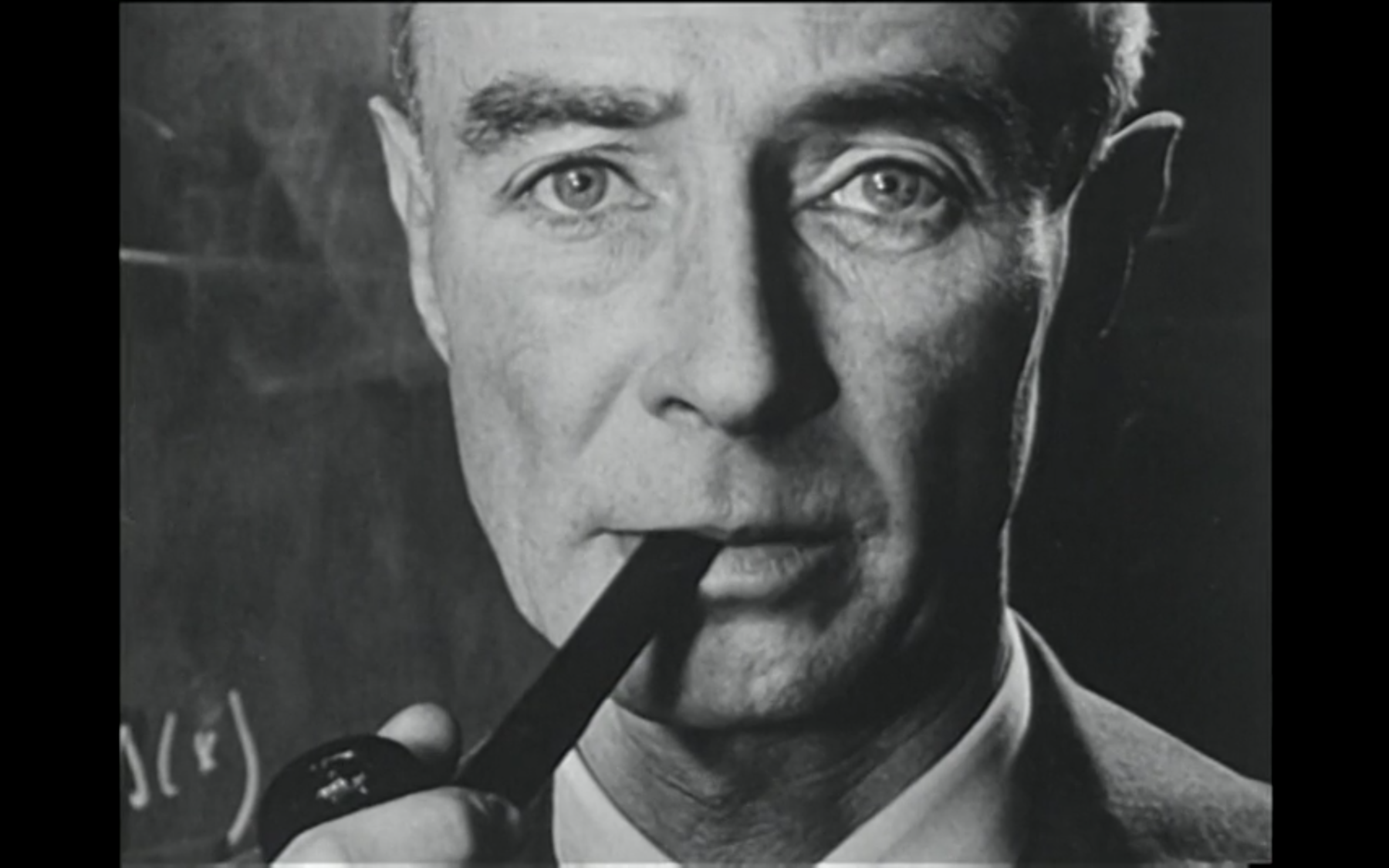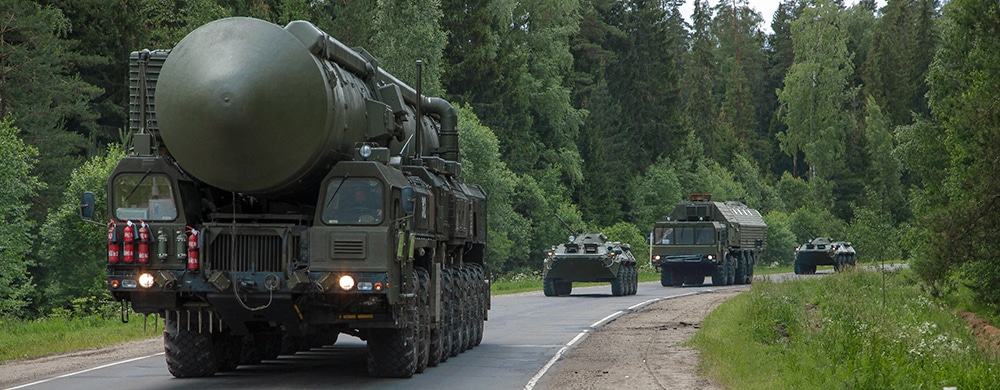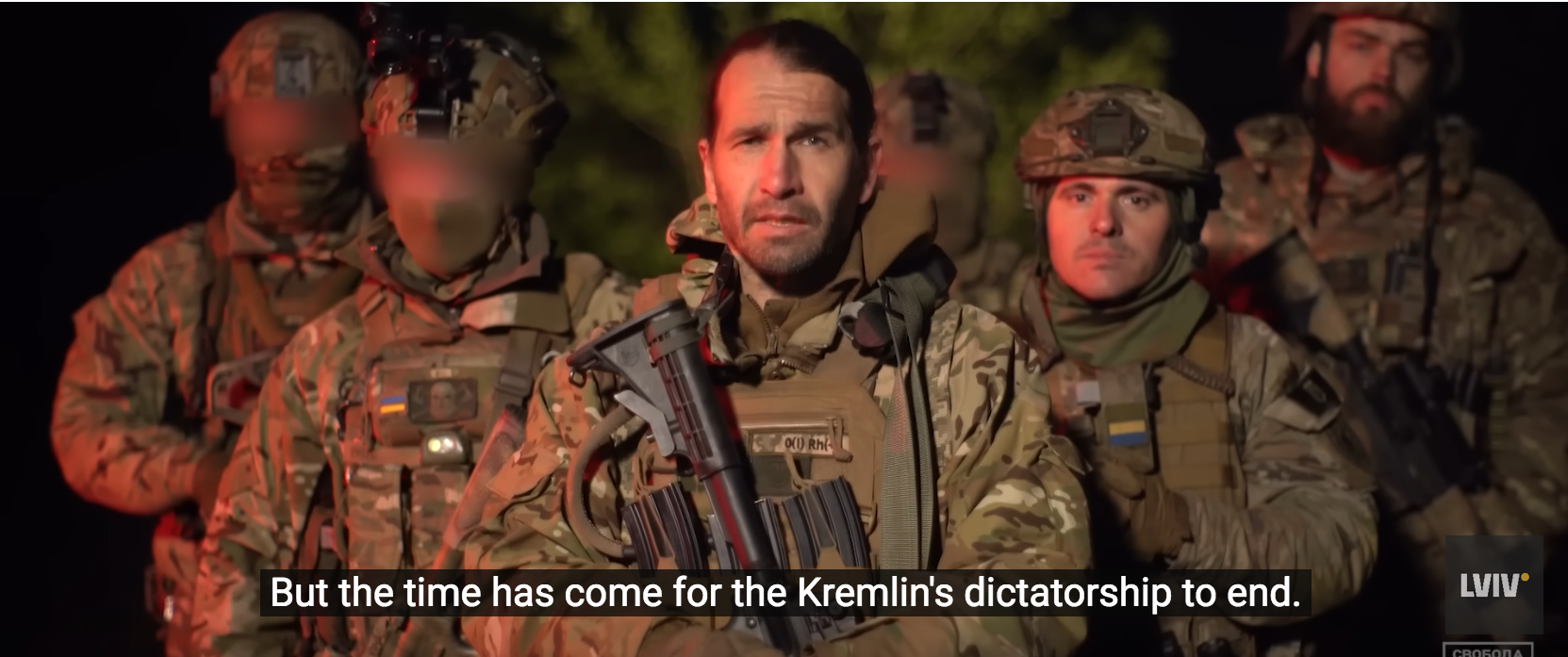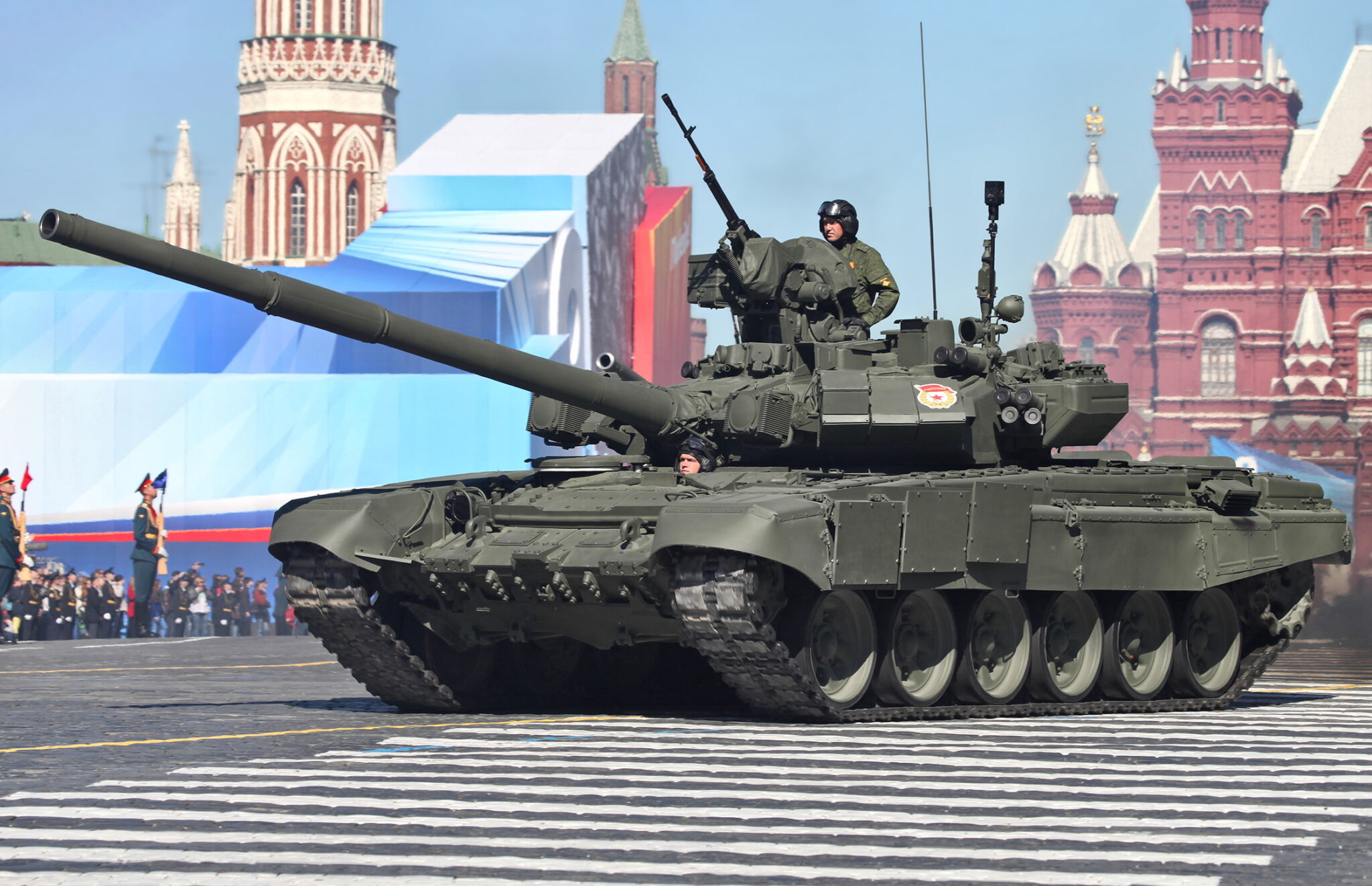
Gaza: flashpoint for regional war? (redux)
The Pentagon carried out air-strikes on Iran-backed militia forces in Iraq in retaliation for a drone attack on a US airbase in Erbil, while a senior commander of Iran’s Islamic Revolutionary Guards Corps was killed in a presumed Israeli strike in Syria. Israel continues to trade cross-border fire with Lebanon’s Hezbollah, while Yemen’s Houthi armed movement claimed responsibility for drone attacks targeting the Israeli port city of Eilat. Israeli Defense Minister Yoav Gallant said that Israel is now fighting on “seven fronts”—Gaza, the West Bank, Lebanon, Syria, Iraq, Iran and Yemen. (Image: Pixabay)



